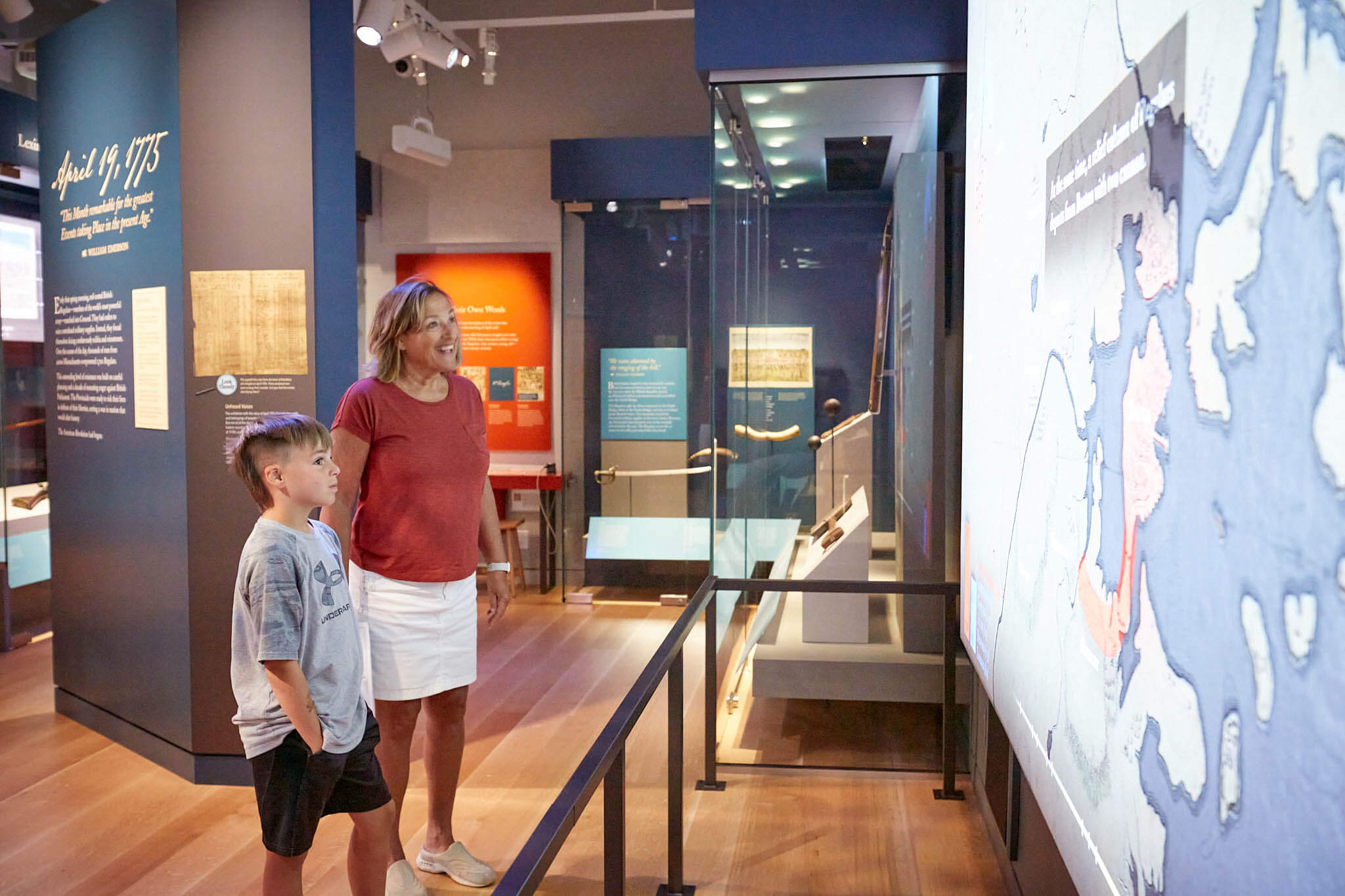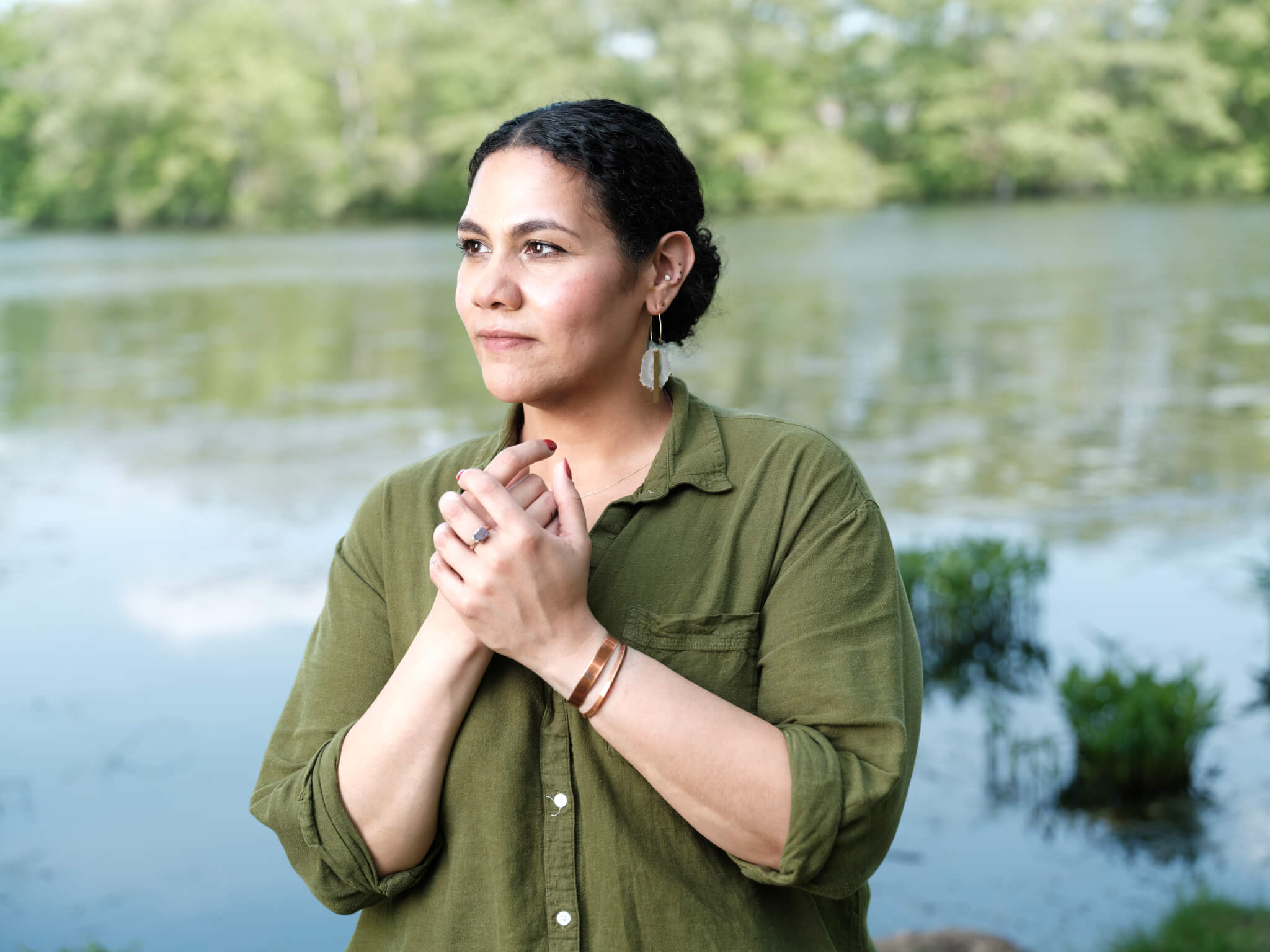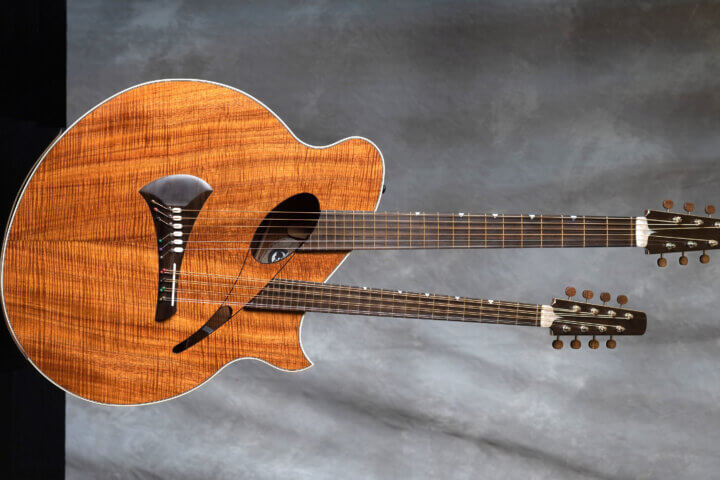The Concord Museum recently received two large grants: a Museums in America grant for $132,780 from the Institute of Museum and Library Services and a Public Humanities Exhibitions Planning grant for $75,000 from the National Endowment for the Humanities.
The NEH funding will support the development of three consecutive special exhibitions focused on the experiences of individuals, families and communities during the American Revolution, while funding from IMLS will support a detailed conservation survey of the Museum’s historic clothing collection as part of an initial step to fully conserve and rehouse the collection.
250th anniversary
“The support of the National Endowment for the Humanities is vital to the Concord Museum’s strategic goal of commemorating the 250th anniversary of the American Revolution with compelling exhibitions and programming,” said Lisa Krassner, Edward W. Kane Executive Director. “With the NEH funding, the Museum will be well-positioned to plan the three special exhibitions in order to share the history of the American Revolution in fresh and engaging ways.”
With Associate Curator Reed Gochberg serving as project director, the special exhibitions will focus on the overarching theme of “Whose Revolution.” The exhibitions, which will be on view From Spring 2025 through Fall 2026 to coincide with the 250th anniversary of the Revolution’s start, will explore how the residents of the town of Concord, including women, Indigenous communities, and enslaved African Americans, experienced and remembered the American Revolution.
Preserving historic clothing
“The conservation survey is part of the Museum’s ongoing commitment to preservation and access to our permanent collections,” Krassner said. “Thanks to the IMLS grant, we will be able to embark on the first phase of a conservation project that will preserve the historic clothing collection for future learning, research, exhibition and educational programming.”
The Concord Museum’s historic clothing collection consists of over 2,000 pieces of clothing, shoes, and hats, most dating from the early 1700s to early 1900s and many with histories connected to Concord.
The largest portion of the collection is from the 1840s to 1890s. Thirty-one pieces date from before 1800, including a wool frock coat that was used as a model by sculptor Daniel Chester French for the iconic Minute Man statue in Concord, which depicts the coat draped over the Minute Man’s plow. Portions of the historic clothing collection have been exhibited in three recent special exhibitions: Behind Closed Doors: Asleep in New England (2014-2015), Fresh Goods: Shopping for Clothing in a New England Town, 1750- 1900 (2018), and Every Path Laid Open: Women of Concord and the Quest for Equality (2021).






